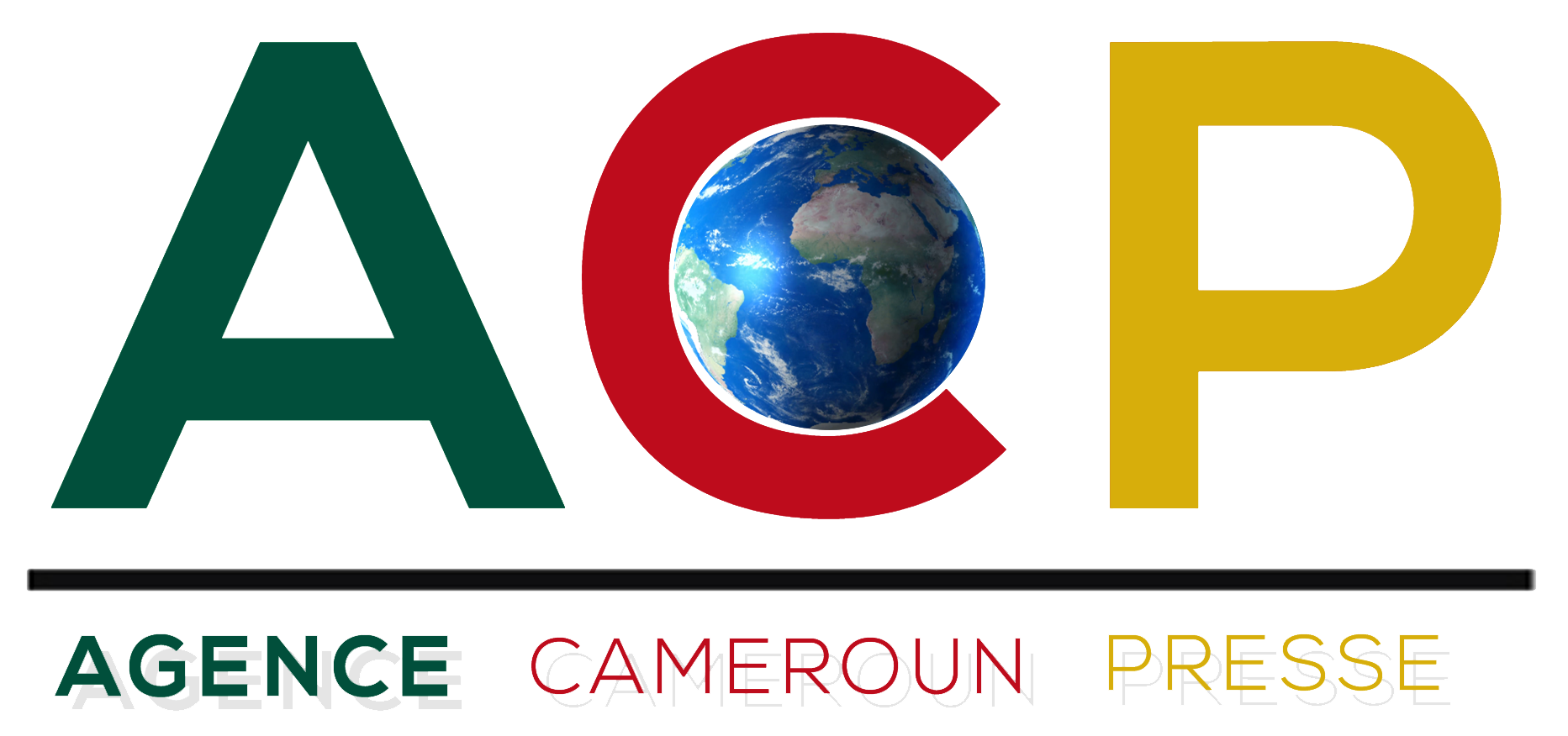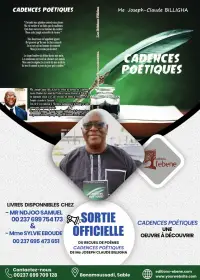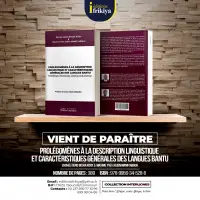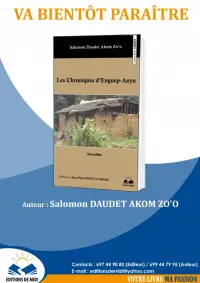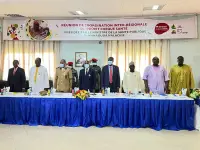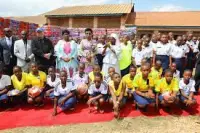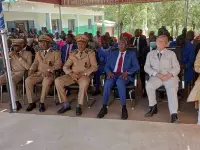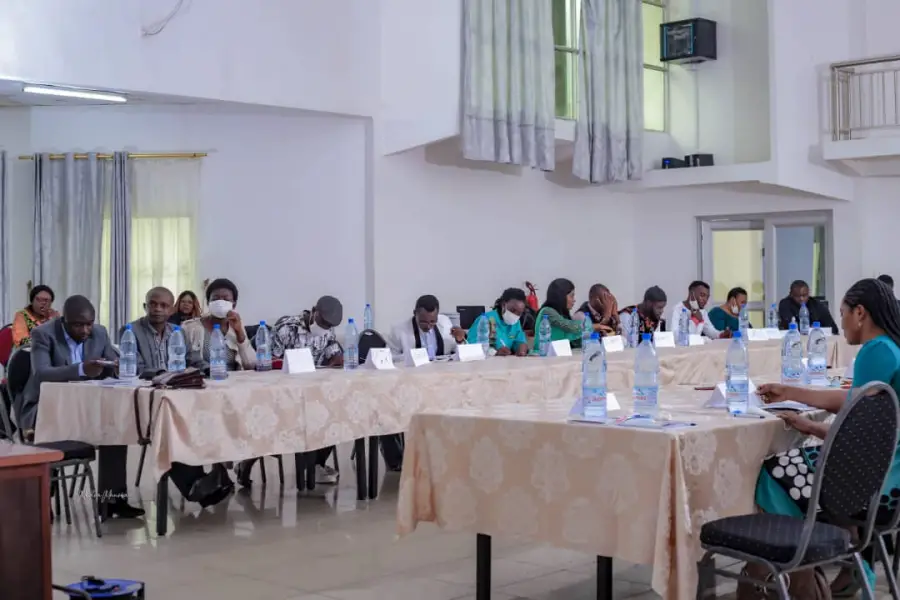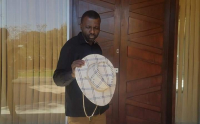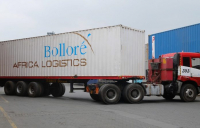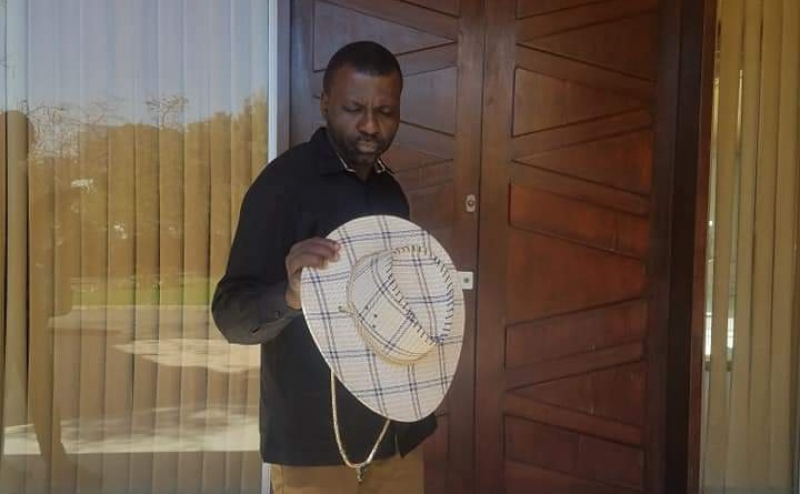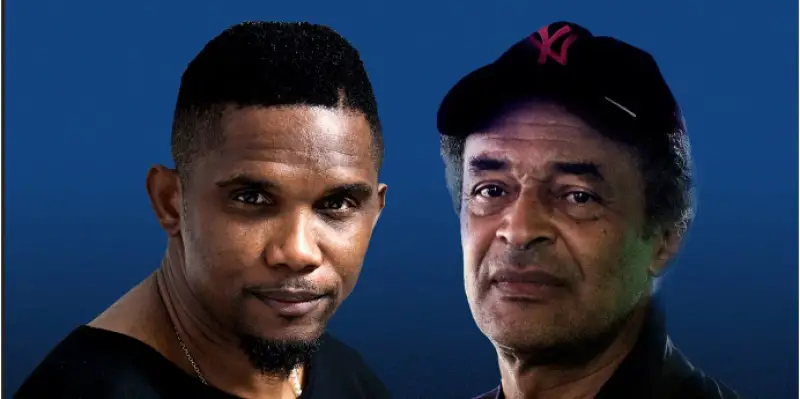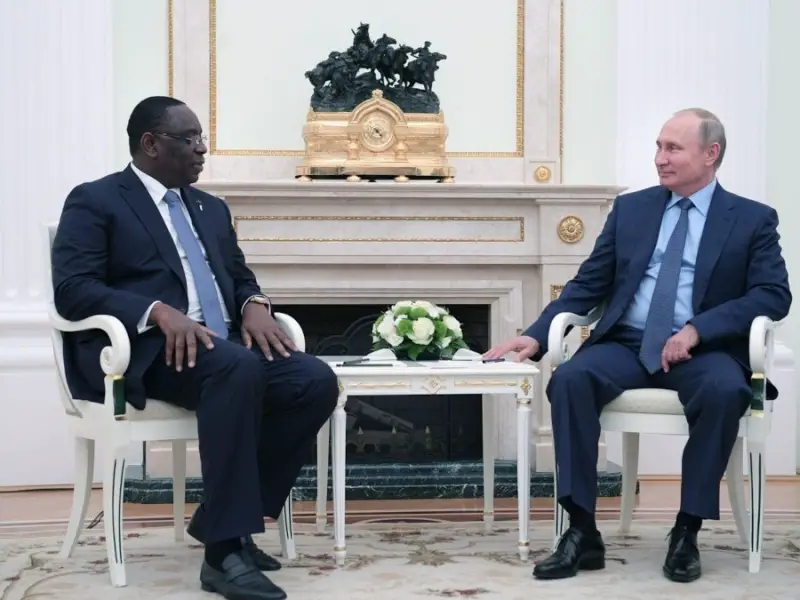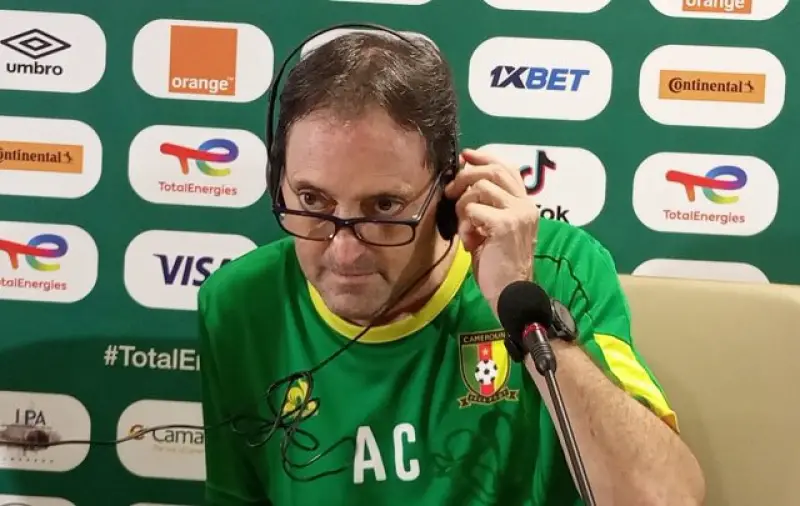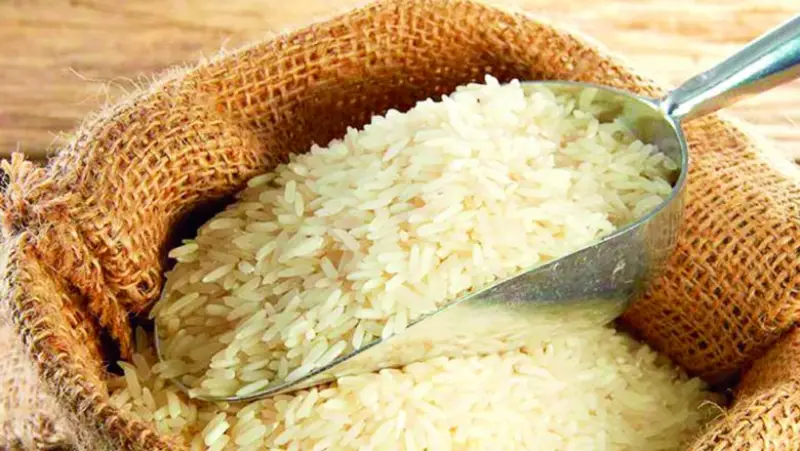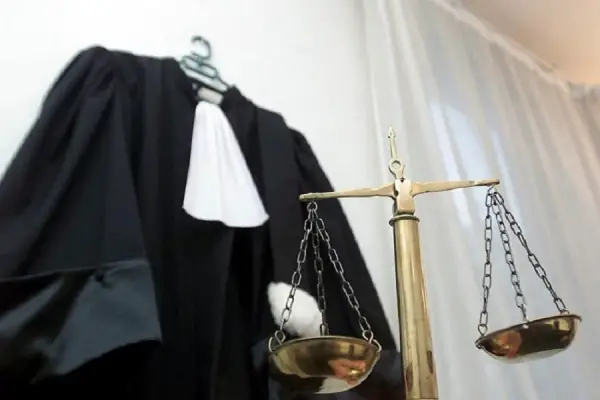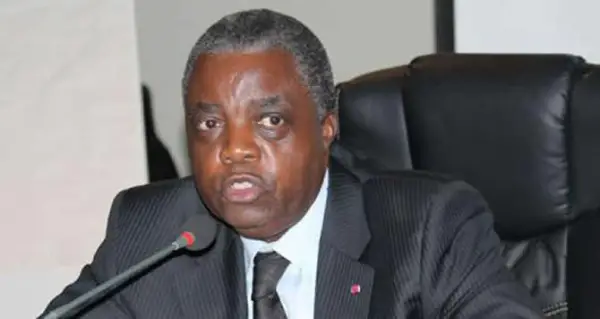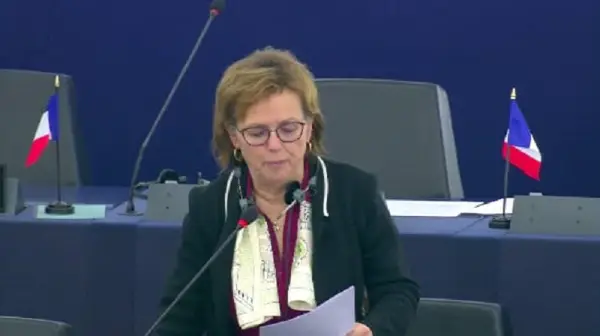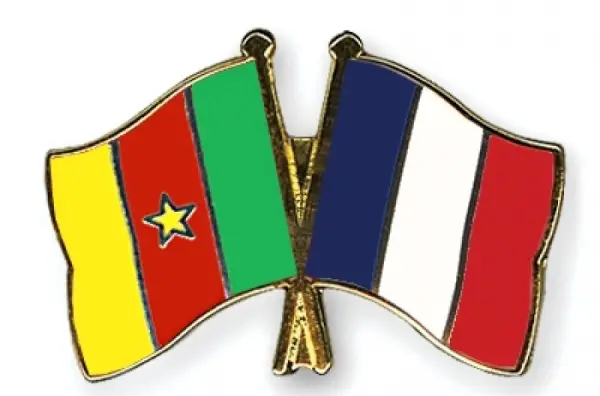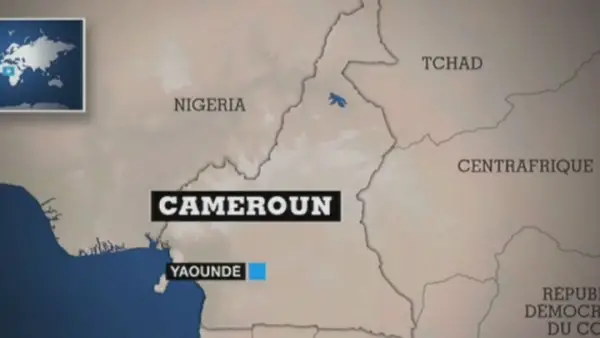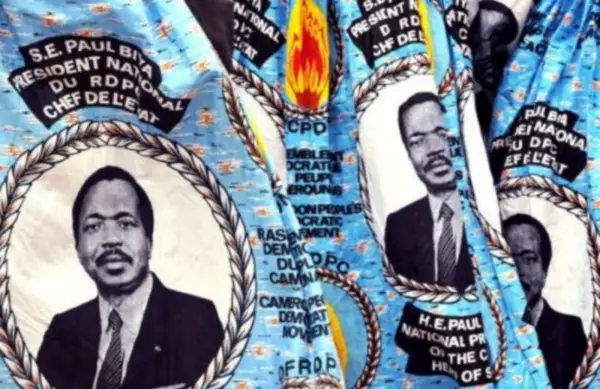Some 40 journalists of the Cameroon Association of English Speaking Journalists, CAMASEJ have been schooled on the importance of upholding historical facts while reporting on the socio-political crisis in the North West and South West regions of the country.
This was during an intensive one-day capacity-building workshop held last Saturday September 11 at the Mountain hotel in Buea organized by CAMASEJ. The training focused on understanding Cameroon History for better reporting of the crisis in these two regions and covering the COVID-19 pandemic in the two troubled regions.
One of the facilitators at the workshop, renowned University don and historian, Prof Julius Victor Ngoh traced Cameroon’s History from 1953 until date, while focusing on important historical facts that journalists and the public often get wrong which in one way or the other escalates the crisis.
A typical example is the 1972 referendum on which Prof. Ngoh took timeout to correct. To him, the widely held view that there were only two ballots “Oui” and “Yes” (the same thing) is inaccurate and false. He stated that there were actually two ballot papers, the white for the “Yes” translated as “Oui” and the black for the “No” translated as “Non” though he indicated the latter were few in number.
The former Registrar of the University of Buea further stated that Southern Cameroons was never an independent State before it joined La Republique as claimed and advanced by those who want separation.
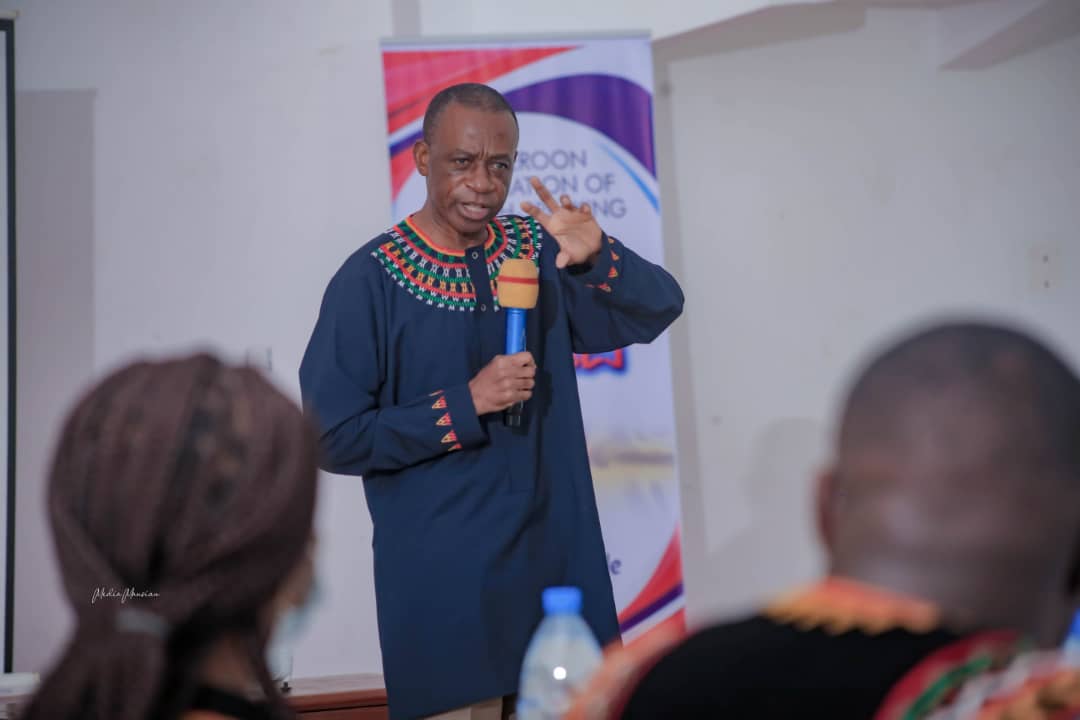
Prof Julius Ngoh
“I have heard several people say that Southern Cameroons had independence before October 1961 and they say we are fighting for the restoration of our independence. No, you cannot say you want something to be restored when you did not have it. Southern Cameroons had independence upon joining the Republic of Cameroon. It is important to know the history,” Prof Ngoh said.
“Not knowing the history and telling the history the way it was, there is the tendency of misinterpreting and aggravating the situation. Some of those who have taken up arms did so believing that what they are doing is correct,” he added.
He stated historical facts establishing that though Southern Cameroons was rich in mineral resources, it was not economically viable to stand on its own, reason why back then the separate State option was very unpopular.
The historian regretted that after marriage between Southern Cameroon’s and La Republique was consumed, the latter’s political decisions, miss management and poor governance with deliberate moves to wipe the identity of English-speaking Cameroonians slowly but surely led the country into the current mess.
A view supported by Dr Vitalis Munja, another facilitator at the workshop. He and Prof Julius Ngoh are unanimous on the fact that the fighting and killings currently going on in the two regions will never solve the situation nor draw the attention of the international community as wished.
“We are orphans. No diplomatic service has been able to recognize or table this before the UN Security Council…The people who started this, teachers and lawyers are back at work, so others should think twice…” Dr Munja said.
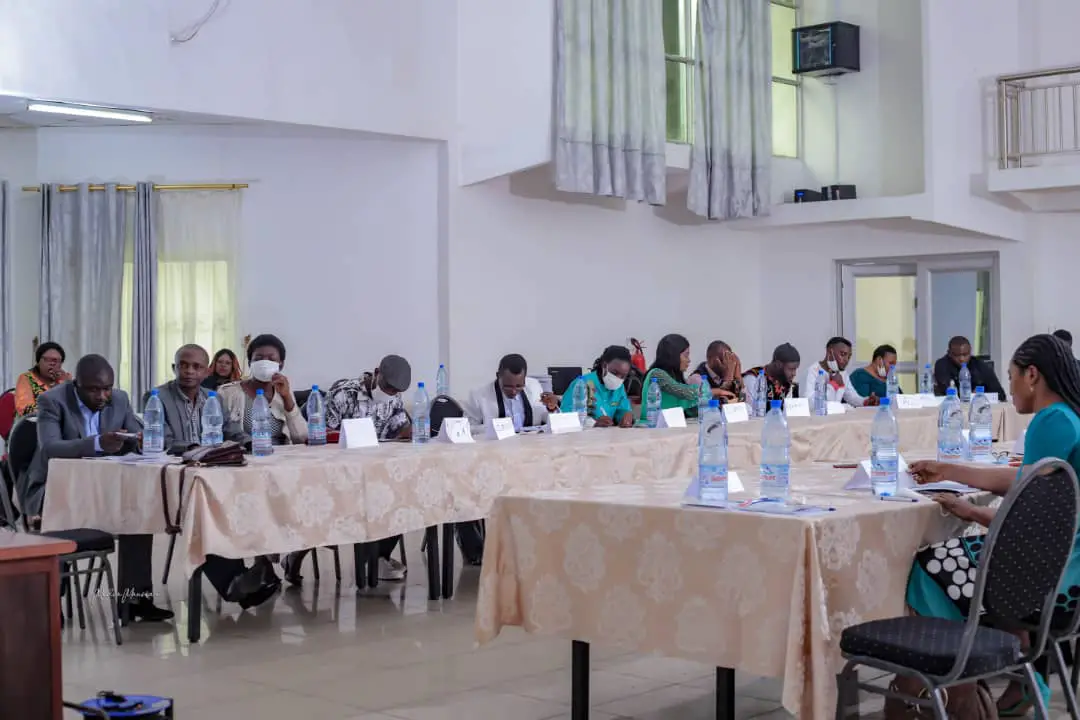
Participants at the workshop
He challenged journalists to be truthful, impartial, fair, base their write-ups on historical facts and above all put the interest of the people first as they report the ongoing Anglophone crisis that is entering into its fifth year.
It is worth mentioning that as the crisis continues to rock the North West and South West regions, journalists in the said regions remain targets in their day-to-day reporting. Some of them have been victims of abductions and others received stray bullets in the course of reporting on the conflict.
In a bid to have its members safe in such a hostile environment, CAMASEJ thought it wise to include a training on staying safe in a hostile environment presented by Amindeh Blaise Atabong, an international freelance and award-winning journalist.
The journalist outlined tips on how to stay on alert to guarantee ones protection while reporting in conflict zones.

CAMASEJ national President, Jude Viban
The workshop, organized with the financial support from the Prime Minister’s Office and UNESCO had as objective to drill CAMASEJ journalists on some important historical facts and equip them with the necessary tips to accurately report during pandemics and in hostile areas.
“We realized that the crisis that has been going on for more than four years now is based on the history of our country. We as reporters need to know and master the history and master the facts because as journalists ours is to report the fact…” Jude Viban, CAMASEJ national President said.
“When we noticed that in most of the conversations online, there are a lot of deliberate lies about our common history that sometimes find a soft landing with journalists who do not know what the real facts are, we decided to provide those facts to trigger the minds of journalists to go for further reading, further investigations that will help them better report the conflict…” He added.
Speaking on behalf of the association, Jude Viban promised to organize more training sessions to empower members on other aspects where there is a knowledge gap for a better reporting of issues of the time.
Ariane Foguem
